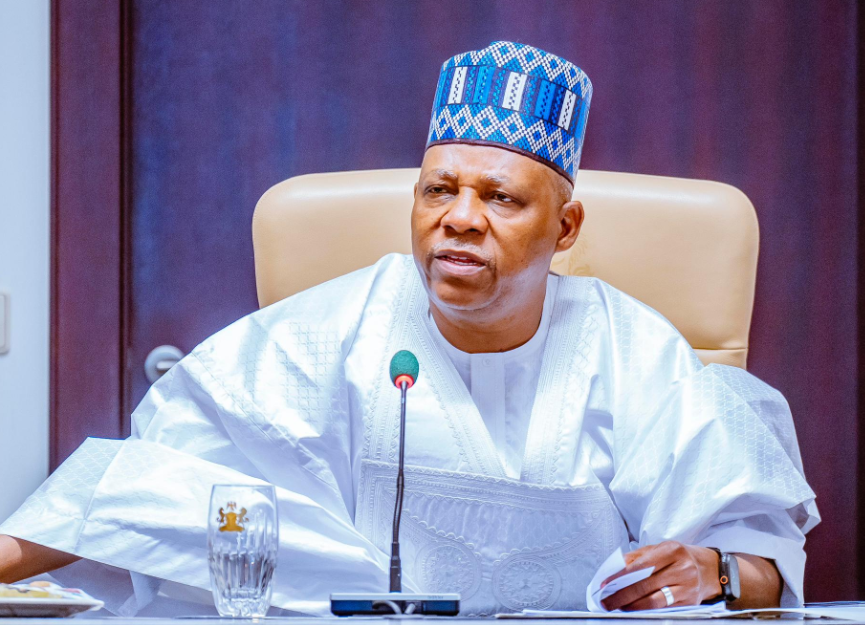Vice President Kashim Shettima recently addressed the significant challenges posed by climate change in Nigeria, emphasizing its direct link to the persistent issues of power shortages, devastating floods, and looming food crises. Speaking at the Africa Climate Forum 2024 in Abuja, he highlighted the urgency of these climate-driven realities, underscoring the need for collective action not just in Nigeria but across the entire continent. Shettima noted that the unpredictable nature of water bodies and the resultant floods have left Nigeria vulnerable, disrupting livestock production and hindering energy generation. He recognized these consequences as not merely coincidences but as indicators of a broader climatic crisis affecting all African nations.
In his remarks, Shettima urged participants to prioritize environmental protection and sustainable practices as foundational for any effective climate solutions within Africa. He was represented at the event by Rukaiya El-Rufai, Senior Special Assistant to the President on National Economic Council and Climate Change. The vice president emphasized that Africa’s climate resilience lies in the collaborative efforts of its nations to adopt shared strategies and learn from one another’s experiences. Drawing on a shared recognition of climate change’s devastations, he insisted that informed, collective action could pave the way for a more sustainable and secure future.
Shettima further articulated that addressing the challenges posed by climate change could bolster Africa’s position as a leader in global climate action. By standing united, African countries can not only work towards mitigating the impact of climate change but can also enhance their bargaining power in global discussions related to climate finance and sustainable development. He called for a comprehensive approach involving governments, civil society organizations, the private sector, and the development community to ensure that all voices are considered in crafting impactful solutions.
The vice president stressed the importance of developing evidence-based action plans to tackle the climate crisis effectively. Recognizing the necessity of financing these initiatives, he cited the need for significant investments to address the dual challenges of climate and development. Shettima noted that securing adequate funding is critical for African nations, especially considering the staggering estimates from climate experts who recommend a baseline annual investment of $400 billion to manage the repercussions of severe weather events and their socioeconomic impacts.
In alignment with Shettima’s sentiments, the Director-General of the Global Centre for Law, Business and Economy, Prof. George Nwangwu, echoed the message regarding financing. He highlighted that Africa’s climate goals hinge on substantial financial support, stressing that the continent’s response to climate change and the achievement of its development ambitions require serious, enforceable commitments from global partners. The lack of mandatory commitments so far has raised concerns about Africa’s capabilities to navigate the worsening climate crisis effectively.
In conclusion, the vice president’s address at the Africa Climate Forum serves as a clarion call for cohesive and determined action among African nations to confront the growing threats posed by climate change. By fostering partnerships and driving collaborative solutions, Shettima envisions a future where Africa not only mitigates the adverse effects of climate change but emerges as a leader in the global response effort. Through shared goals and financial commitment, African countries can elevate their strategies for sustainability, resilience, and ultimately, a thriving climate-responsive continent.


